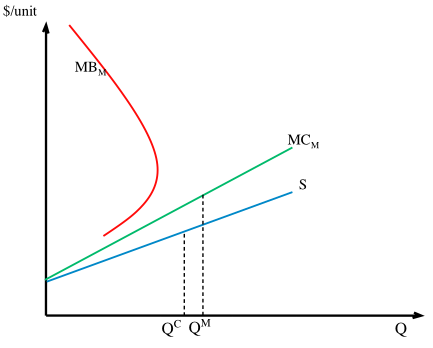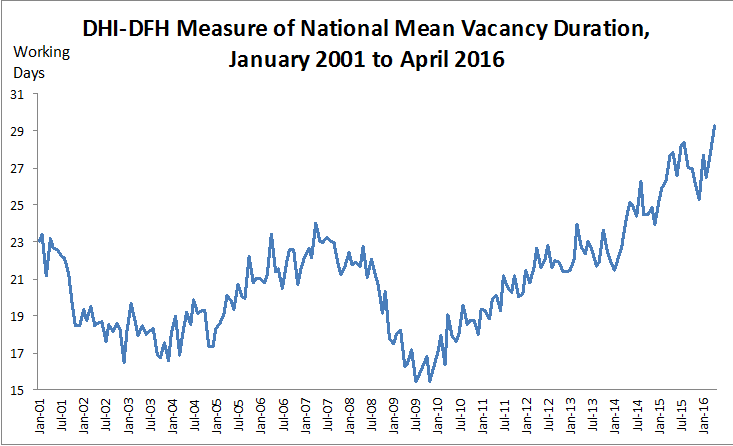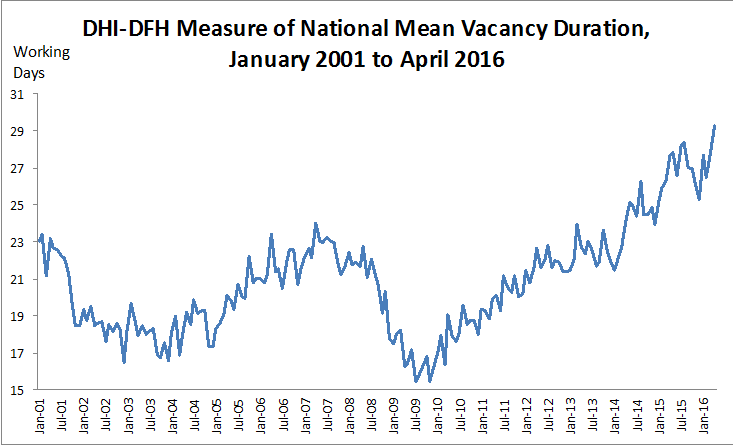Let's go with the definition first, a decent example of challenge that asymmetric information causes in a non-HR and workplace context, and then tie this up, (and this is the real reason I wanted to talk about this), with a great example of how this is playing out in HR/Talent and is being exacerbated by a recent legislative change in Massachusetts.
Asymmetric information - In contract theory and economics, information asymmetry deals with the study of decisions in transactions where one party has more or better information than the other. This creates an imbalance of power in transactions, which can sometimes cause the transactions to go awry, a kind of market failure in the worst case. Examples of this problem are adverse selection, moral hazard, and information monopoly. Information asymmetry is in contrast to perfect information, which is a key assumption in neo-classical economics.
Asymmetric information plays out all of the time, in just about every negotiation or contract that most of us participate in. When sellers know more about the value of products and services than buyers do - say in the case of a used car, or even a hotel room, then often we as buyers can be left uncertain and anxious about the prices we pay. Conversely, when buyers know more about the value of an item than the seller, think of a rare baseball card discovered at a garage sale in a bin offered for $1.00, then sellers can get underpaid for their offerings.
The internet, social networks, online sites designed to 'uncover' or reveal the true value, (or at least what other people have or would pay for a given good or service), have gone far to reduce the potential negative impact of asymmetric information in many markets. TrueCar provides insight into new and used car prices, SeetGeek aims to let you know if the tickets you are about to buy for the ball game represent a good deal or not, and auction-type sites like Ebay and Priceline put much more power, (if not always perfect information), in the hands of buyers of goods and travel services.
But even in the age of TripAdvisor and Glassdoor, many of the markets in which we transact are still pretty far from exhibiting so-called 'perfect' information, where buyers and sellers are equally informed, (or can reasonably obtain such information), thus resulting in efficient functioning. Are you really getting a good deal on that refirgerator or car or flight to Phoenix? Who knows.
That's what takes me to the HR/Talent example I mentioned that the top, specifically, the recent move by Massachusetts to prohibit asking candidates about their current or prior salary history during the interview process. This legislation, according to Massachusetts officials, is designed to combat wage inequality - the theory being that if women or other groups have been unfairly underpaid in the past, then making their current salary an anchor point in negotiations for their next salary will simply perpetuate this wage inequality.
And the other, unspoken, impact of this legislation will be to reduce, (but not eliminate), the asymmetric information condition that exists in any salary negotiation. In any potential job offer/negotiation the employer knows certain pieces of information that the candidate has almost no way of determining on their own. The salary budget (or range) for the job, the salary of the last person who had the job, the overall financial/budget situation of the organization, and the 'wiggle room' that the hiring manager has to negotiate the offer.
In this negotiation the candidate has exactly one piece of information that the potential employer can probably guess at anyway - their current, or most recent salary at their prior job, and ostensibly, the baseline to figure out what kind of a bump (fifteen, maybe twenty percent?), it would take to get the candidate to make a move. And lots of recruiters, and even many online job applications, press the candidate to divulge this bit of information, their only potential edge in any negotiation, very, very early in the process.
Recruiters and hiring managers will line up to bemoan the Massachusetts law, (and the others like it in states like New York and California that will almost certainly follow), clinging to the 'Let's not waste everyone's time if the salary for the job is not sufficient for the candidate'. Better to find that out up front, they argue. But figuring out the ballpark range a candidate might be willing to consider is part of your job, Ms. Recruiter. And there are other, less lazy ways that simply demanding that candidates turn this information over to you before you've even spoken to them.
Asymmetric information plays havoc in all kind of markets. It's bad economics, bad policy, and bad for the person who is sitting on the wrong, or less-informed side of the table. And it doesn’t matter how rational, or well-intentioned people are, or how well the process/markets are set up - asymmetric information throws a wrench in the works, one that many candidates can spend a career trying to recover from.
Have a great week!
 Recruiting,
Recruiting,  Technology tagged
Technology tagged  HR,
HR,  HR Tech,
HR Tech,  Recruiting,
Recruiting,  Technology,
Technology,  video
video  Email Article
Email Article 
 Print Article
Print Article 


